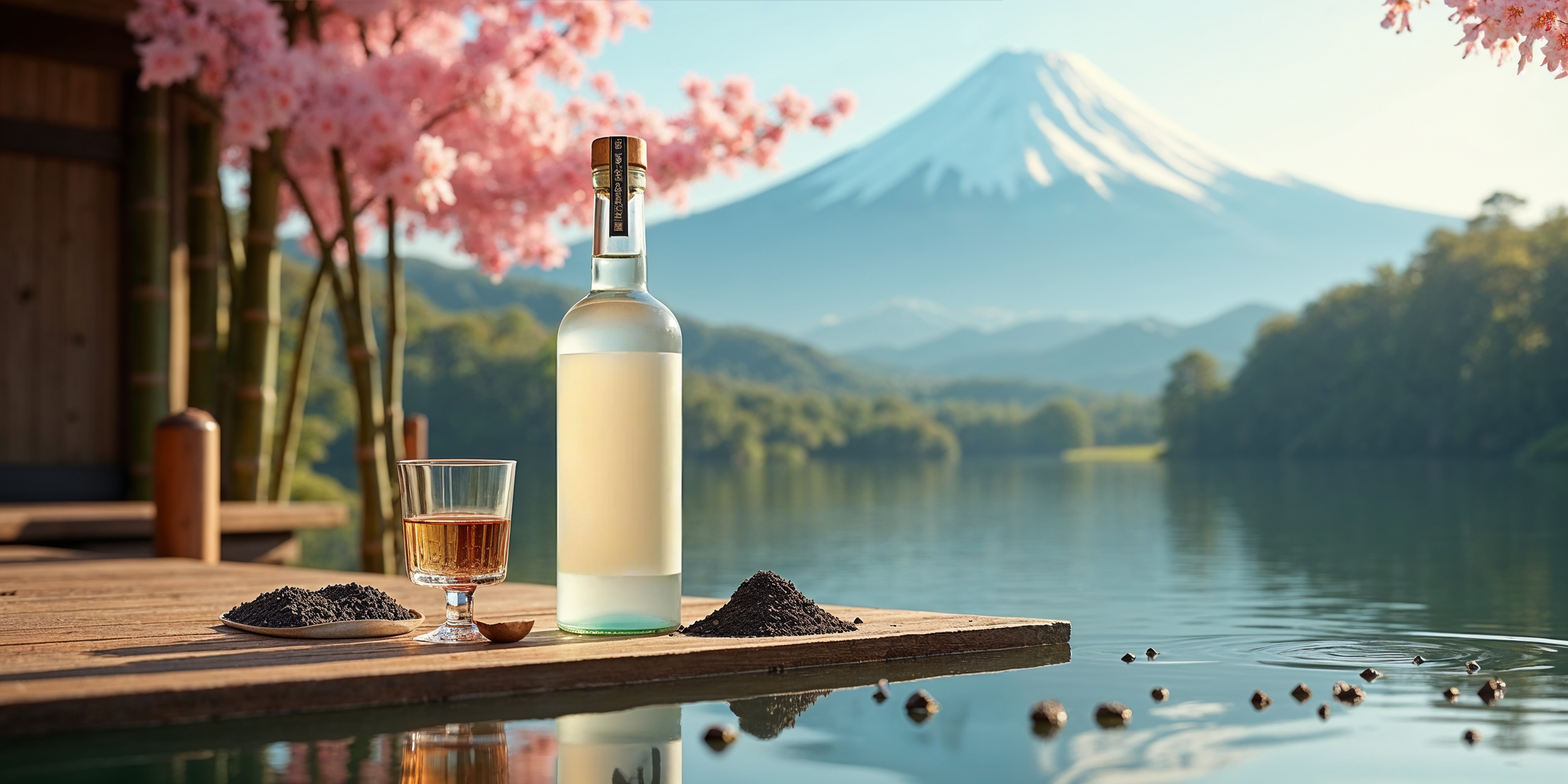What Makes Japanese Vodka Unique
The Land of the Rising Sun has long captivated the world with its rich cultural heritage, technological innovations, and culinary delights. Japan is making waves in the spirits industry with its exceptional vodkas. Let's explore the fascinating world of Japanese vodka and discover what makes Japanese vodka unique.
Japanese Vodka So Unique
Key Takeaways:
Japanese vodka uniquely uses rice as a base ingredient
Bamboo charcoal filtration creates distinct purity
Traditional koji fermentation adds complexity
Premium water sources enhance quality
A Spirited Journey
Japanese distillers have applied their renowned craftsmanship to vodka production, creating spirits that stand out in a crowded market. The story begins in 1956 when Suntory, a pioneer in Japanese whisky, introduced Hermes Vodka. This marked Japan's entry into vodka production, setting the stage for the country's current vodka renaissance.
4 Factors That Make Japanese Vodka So Unique
1. Rice: The Heart and Soul
At the core of many Japanese vodkas lies a surprising ingredient: rice. This staple of Japanese cuisine brings a subtle sweetness and silky texture to the spirit. Brands like Haku, from the House of Suntory, use 100% Japanese white rice as their base. The choice of rice varieties, such as the premium Yamada Nishiki, contributes to the vodka's distinctive character.
2. Crafting Liquid Perfection
Japanese vodka production is a blend of tradition and innovation. Many distillers incorporate koji, the mold used in sake-making, into their fermentation process. This technique imparts complex flavors and aromas to the final product.
The distillation process often involves multiple stages. For example, some vodkas are first distilled to create a rice spirit, then distilled a second time using pot and column stills. This meticulous approach results in a refined and pure spirit.
3. Bamboo: Nature's Filter
One of the most intriguing aspects of Japanese vodka production is using bamboo charcoal for filtration. This method, employed by brands like Haku, has roots in traditional Japanese water purification techniques. The porous structure of bamboo charcoal removes impurities while adding a touch of minerality to the vodka.
Many distillers, including the House of Suntory, perform this bamboo charcoal filtration in Osaka, Japan. This step is crucial in creating the clean, crisp profile that Japanese vodkas are known for.
4. Water: The Silent Ingredient
Japanese distillers pay close attention to water quality, often sourcing from pristine natural springs. Some brands, like Tenjaku, use water from the foothills of Mount Fuji. This focus on water purity contributes to the vodka's clean taste and smooth finish.
A Symphony of Flavors
Japanese vodkas offer a range of flavor profiles that set them apart from their Western counterparts. Tasting notes often include:
Subtle sweetness reminiscent of rice pudding
Delicate floral aromas
Hints of citrus, particularly yuzu
A clean, mineral-driven finish
These nuanced flavors make Japanese vodkas excellent choices for sipping neat or on the rocks, as well as in cocktails.
Mixing It Up
Bartenders worldwide are embracing Japanese vodkas in both classic and innovative cocktails. Try a Japanese twist on a martini using Haku Vodka, or experiment with ingredients like matcha, shiso, or yuzu to create unique, Japanese-inspired drinks.
The Future is Bright
As Japanese vodkas gain recognition on the global stage, we can expect to see more innovation in the category. Distillers may explore new base ingredients, production methods, and flavor profiles, all while maintaining the precision and attention to detail that Japanese spirits are known for.
Japanese vodka represents a harmonious blend of tradition and innovation. By applying time-honored techniques to this relatively new spirit category, Japanese distillers have created vodkas that offer a fresh perspective on a classic spirit. Whether you're a vodka enthusiast or simply curious about new flavors, Japanese vodkas are well worth exploring. So why not raise a glass to the Land of the Rising Sun and its exciting contributions to the world of spirits?




